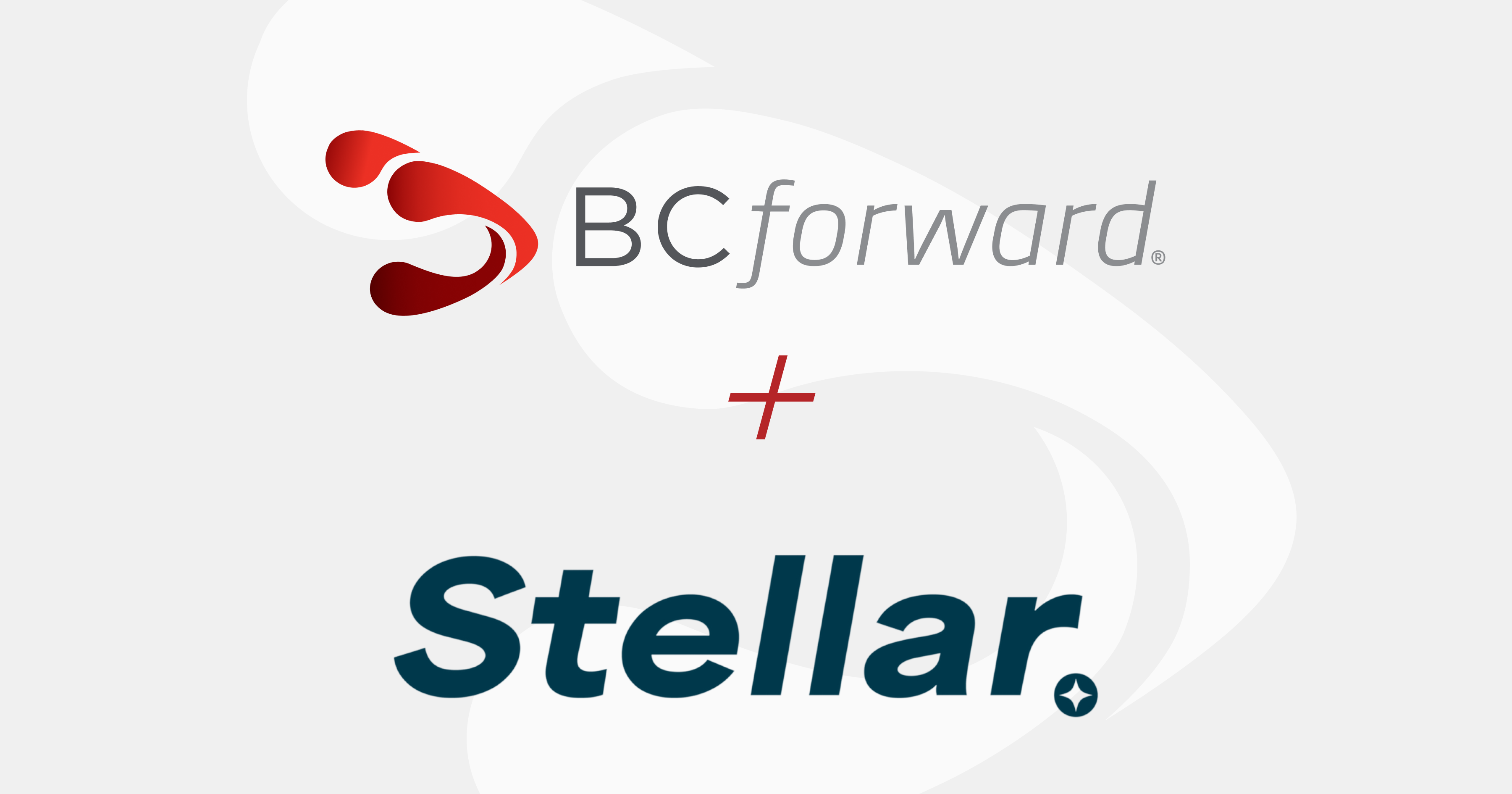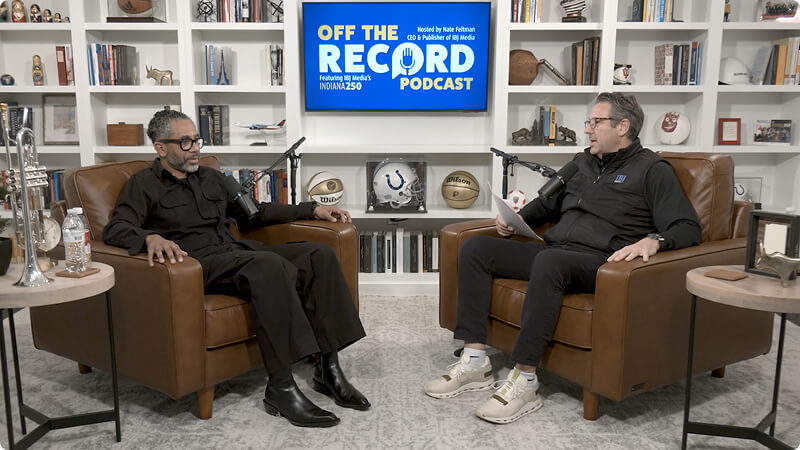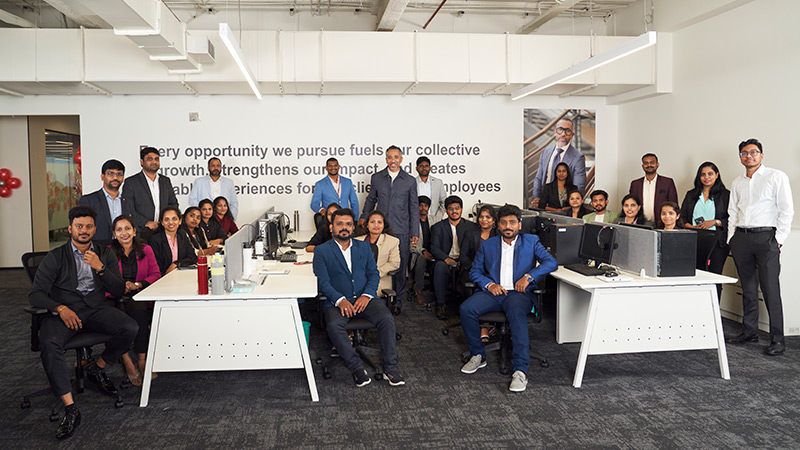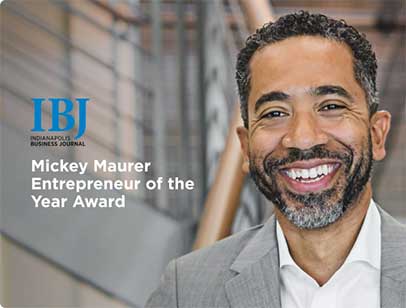Insights
Read the latest insights and ideas from our team. Discover content focused on the trends shaping the future of work across critical industries around the globe.
- Most Recent
- Blog
- Guides
- Press
BCforward Deepens AI Capabilities with a Major Strategic Investment in Stellar
Move strengthens BCforward’s ability to deliver cutting-edge artificial intelligence solutions to Fortune 500 clients. ...
Read More
Insights on Leadership, Growth, and the Global Marketplace: Justin Christian on Off the Record
Entrepreneurship is often portrayed as a linear journey, but as Justin Christian, founder and ...
Read More
Kunal Gill brings decades of accomplishments to the new role of President and Chief Revenue Officer at BCforward.
Gill is excited about the significant growth opportunities with BCforward’s professional services and workforce ...
Read More
Leveraging AI: Strategies and Insights
Unlock the potential of AI with strategies to drive growth, boost efficiency, and make ...
Read More
BCforward opens expanded Asia-Pac Global Capabilities Center (GCC) in Hyderabad, India
Enhanced presence in the Asia Pacific region increases capabilities to serve clients globally INDIANAPOLIS, ...
Read More
4 questions to ask that can help you land your ideal Agility or Project Management consulting role
Are you feeling unsupported in your current role or unsure about your future in ...
Read More
Building a Sustainable Future: Our Commitment for Today and Tomorrow
At BCforward, we are working to make the world—and each other—better every day. As ...
Read More
BCforward Founder and CEO Justin Christian Named to the Indiana 250 for the Third Consecutive Year
BCforward Founder and CEO Justin Christian has been named to the prestigious Indiana 250 ...
Read More
Justin Christian, CEO of BCforward, and Vienna Parent Corporation Complete Tender Offer for Outstanding Shares of TSR, Inc.
June 28, 2024 08:57 AM Eastern Daylight Time INDIANAPOLIS & HAUPPAUGE, N.Y.–(BUSINESS WIRE)–Vienna Parent ...
Read More
TSR, Inc. to be Acquired by Founder of BCforward
Justin Christian, our founder and CEO, has entered into an agreement to acquire TSR, ...
Read More
BCforward Founder Recognized with Entrepreneur of the Year Award
“Being named Entrepreneur of the Year by IBJ is a huge honor that I ...
Read More
Partnerships that Move Us Forward
“I didn’t start BCforward thinking that in 25 years, we’d have this global success ...
Read More
Never miss an update
Get the latest insights from our team delivered to your inbox












